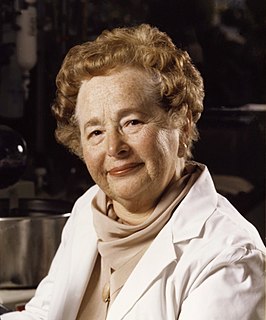A Quote by Albert Bandura
A problem of future research is to clarify how young children learn what type of social comparative information is most useful for efficacy evaluation
Related Quotes
Comparative appraisals of efficacy require not only evaluation of one;s own performances but also knowledge of how others do, cognizance of nonability determinants of their performances, and some understanding that it is others, like oneself, who provide the most informative social criterion for comparison
I think it's a very valuable thing for a doctor to learn how to do research, to learn how to approach research, something there isn't time to teach them in medical school. They don't really learn how to approach a problem, and yet diagnosis is a problem; and I think that year spent in research is extremely valuable to them.
Many more children observe attitudes, values and ways different from or in conflict with those of their families, social networks,and institutions. Yet today's young people are no more mature or capable of handling the increased conflicting and often stimulating information they receive than were young people of the past, who received the information and had more adult control of and advice about the information they did receive.
I would ask, "How can one have a technological society without research? How can one have research without researching dangerous areas? How can one research dangerous areas without uncovering dangerous information? How can you uncover dangerous information without it falling into the hands of insane people who will sooner or later destroy the human race, if not the whole of life on earth?" Who knows? God only knows!
If neuroscientific research shows that those mechanisms only contain comparative information about colour differences, and have 'thrown away' more fine-grained information about the absolute colours of single surfaces, then that would support my position, in a way that just introspecting our colour experiences can't.
Looking ahead, future generations may learn their social skills from robots in the first place. The cute yellow Keepon robot from Carnegie Mellon University has shown the ability to facilitate social interactions with autistic children. Morphy at the University of Washington happily teaches gestures to children by demonstration.

































